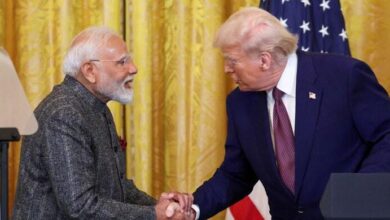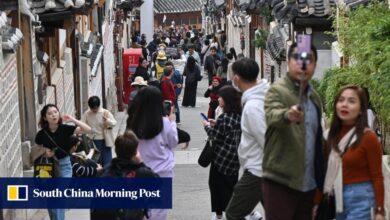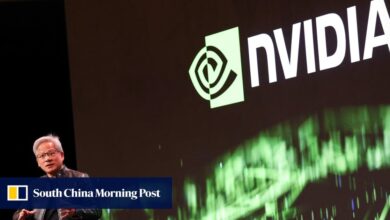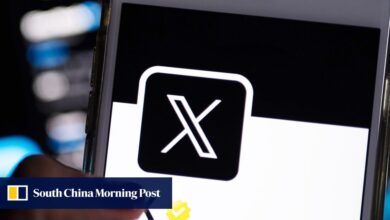Hong Kong stocks snap 2-day drop as investors return to tech firms following US sell-offs – World Pakistan
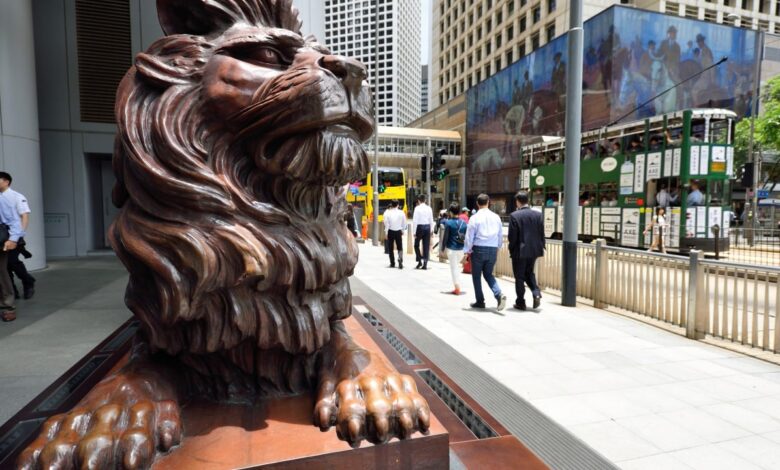
The Hang Seng Index jumped 2.8 per cent to 23,670.20 as of 11.14am local time, recovering from a decline over the past two days. The Hang Seng Tech Index surged 4.1 per cent. On the mainland, the CSI 300 Index climbed 0.5 per cent and the Shanghai Composite Index added 0.8 per cent.
“There’s an ongoing rebalancing for global funds and the Chinese market has regained favour,” said Melody Lai, an analyst at SPDB International in Hong Kong. “Funds have been rotating from the US and India to China and Europe, where the positionings are low among global investors. China’s markets have the valuation edge among the world’s key stock markets. So foreign inflows are expected to continue in the near term.”
Investors are returning to China’s biggest tech stocks after a pullback triggered by overbuying, with optimism rising that Beijing will shift more resources this year to support innovation as the China-US rivalry intensifies. Premier Li Qiang called for more technological breakthroughs in a visit to the nation’s largest state-owned telecoms operators, according to China Central Television.
In the US overnight, the “Magnificent Seven” tech stocks – including Nvidia and Apple – recorded an 11 per cent decline from a December high to enter a technical correction. Concerns about stagflation have been growing after recent data showed that inflation pressure remained entrenched and President Donald Trump’s tariff policies sparked fear of slowing growth.
Source link
